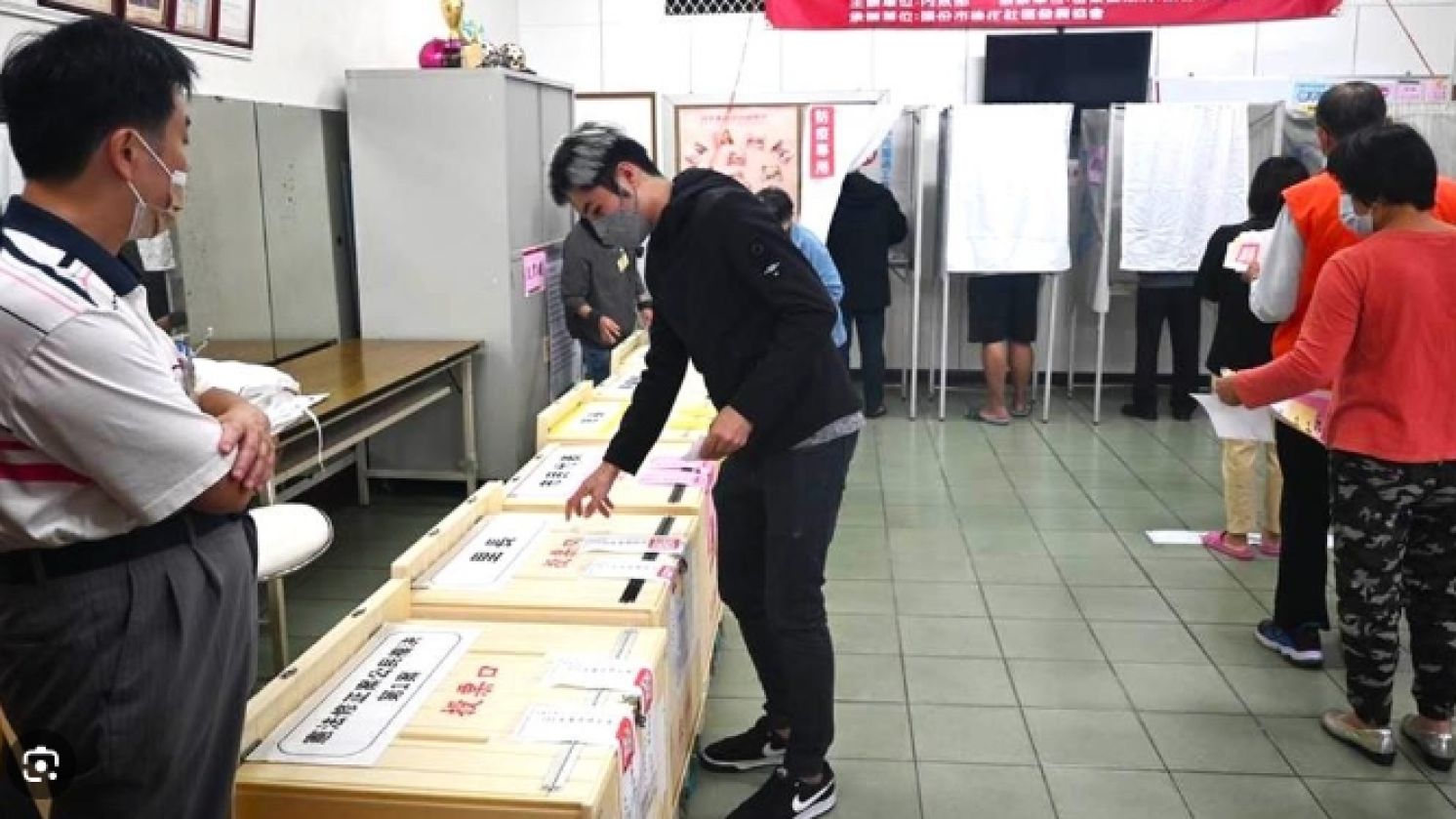
Afraid to the Point of Using China as Shield, DPP No Longer Anxious About Absentee Voting
United Daily News, March 13, 2024
In April 2002, during an interpellation at the Legislative Yuan, then Premier You Si-kun committed to setting up an absentee voting system as long as the Central Election Commission (CEC) can overcome the technical issues. It's been 22 years since, but the ruling DPP is still "not in a hurry." This runs counter to its self-claimed achievement in Taiwan's democratic development.
In every national election, having people go back to their registered household district to vote is a dilemma for those who work or study elsewhere. If they don’t go back, they forfeit their right to political participation; should they choose to go back, the cost of time and money involved is something of concern.
For them, absentee voting is the best solution, and it has been adopted by more than 90 countries in the world. However, when pressured, the DPP uses China as a shield for its procrastination: “Can we do secret ballots in China?" they argued.
The commitment made by Premier You in 2002 shows that the DPP fully understands that absentee voting is the main element in the international wave of democratization. It should be implemented as early as possible. In addition, as the digital government and network environment become more mature, the election system should also be modernized to expand the expression of a more complete public opinion. The current "vote only in your registered household district" system is outdated.
In fact, the Executive Yuan under the DPP just passed a bill on absentee voting in national referendums and presented it to the new Legislative Yuan for review. This attests to the feasibility of absentee voting. However, the DPP administration just plans to implement it in the national referendums; as for the elected offices, it will be implemented "step by step in an incremental manner."
A progressive bill should be implemented as soon as possible, but it was delayed for 22 years for "technical" reasons by the DPP administration. Political interests are involved in the consideration. The DPP is afraid that if Taiwan citizens in mainland China can vote via post, then the DPP will be negatively affected in the elections. So to ensure continued governance, the DPP adopts a "delay strategy" on the issue of absentee voting.
The people on Taiwan crave a convenient and reasonable system to expand their political participation via absentee voting, but the DPP is not a bit keen on it. The latest argument by DPP legislators is: “Can South Koreans vote in North Korea?" If Taiwan citizens in mainland China are allowed to vote, it could become a proxy voting. "If Chinese armed police point a gun at you and ask you to vote, can it be fair, equal, and secret?" Indeed, there are still concerns about postal voting in mainland China. But it does not mean "anti-China" reasons can deny absentee voting in one fell swoop. It’s absurd that the DPP uses China as a shield to cover its reluctance to implement absentee voting in the elections.
Even if it’s difficult to institute postal voting in mainland China, we could still do it in other countries. The DPP legislator did not know that although South Koreans cannot vote in North Korea, they can still vote in Taiwan. As to transfer voting, as long as Taiwan voters choose in advance a polling station, it is doable in Taiwan. What could be the concern?
A lot of countries have implemented the absentee voting system for a long time. However, the DPP administration regards it as something detrimental to its political interests. So, the fact is the DPP just does not plan to implement it, not that it's not capable.
The draft bill emphasizes that the legislation’s purpose is to "promote political participation and deepen democratization." So why the castration of people's political rights? When the public says that absentee voting is feasible, only the DPP says: “Take your time!"